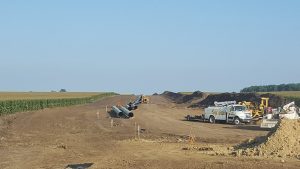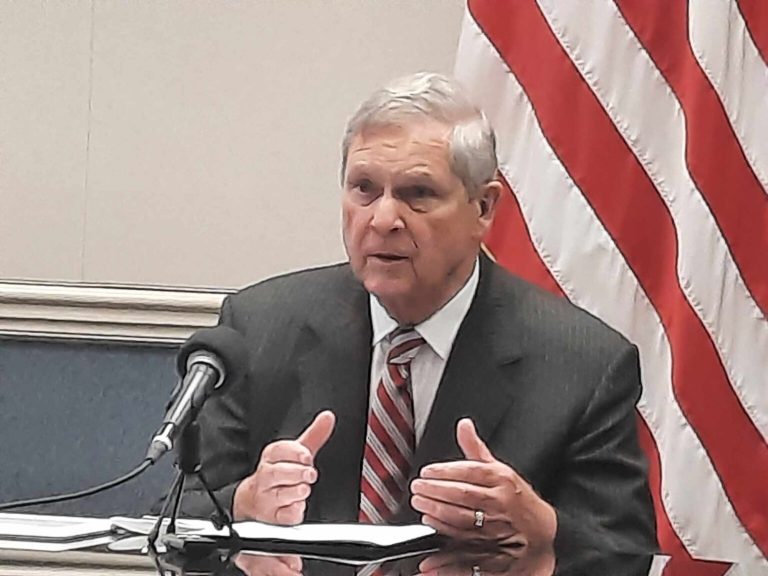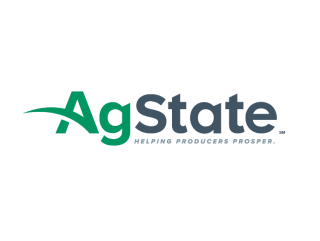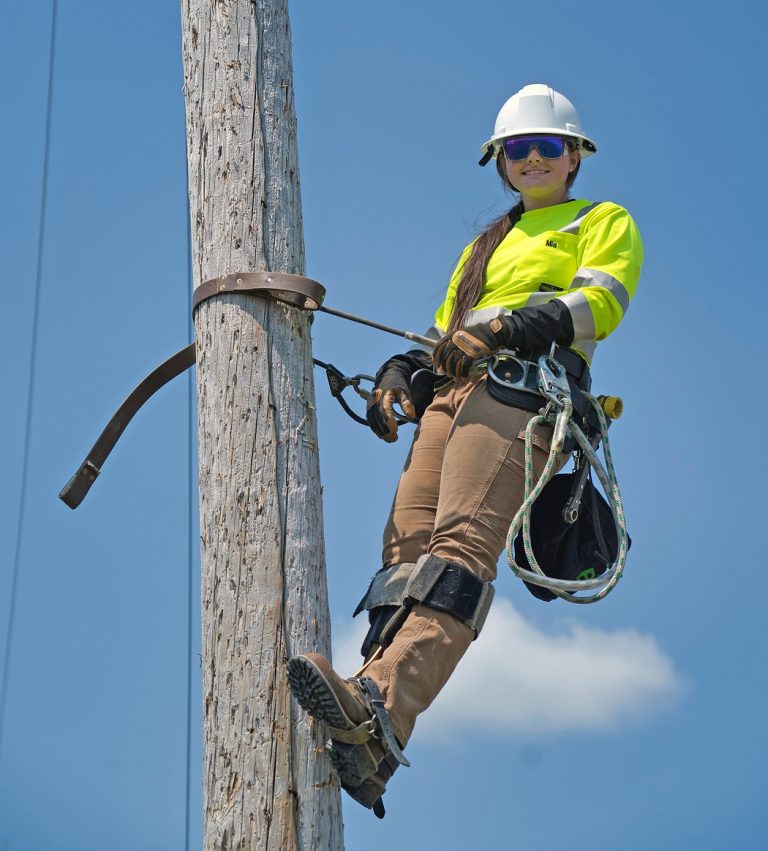Fort Dodge, Iowa — The second week of hearings opens Tuesday in Fort Dodge as the Iowa Utilities Board takes public comments on the proposed Summit Carbon Solutions pipeline that would run nearly 700 miles across 29 Iowa counties.
Creighton University economist Ernie Goss says the board’s ultimate decision could have a tremendous impact on the Midwestern ethanol industry.
The pipeline, one of three proposed in Iowa, would carry liquid carbon dioxide from ethanol plants to a sequestration site in North Dakota. Goss says states like Iowa and Nebraska depend heavily on ethanol production.
The first week of testimony was mostly from landowners and farmers who oppose the project, ridiculing what they say are scare tactics being used by the company. Many expressed fears about the potential impacts on land prices and on the environment. The Iowa Renewable Fuels Association issued a report in February saying 75-percent of the state’s ethanol production would contract or migrate out of the state if carbon sequestration projects are curtailed, leading many plants to shut down.
Meanwhile, Republican presidential candidate Ron DeSantis says negotiation is the way to resolve property disputes over developing privately-owned projects — like carbon pipelines.
DeSantis held two town hall meetings in northern Iowa this weekend and fielded questions about carbon pipelines at both events. In Algona, a woman asked DeSantis if a government agency should let a for-profit company use eminent domain to force landowners to sign property easements.
At a town hall forum in Garner, a man told DeSantis the carbon pipeline debate is tearing the state apart.
The forums DeSantis held in Garner and Algona were in counties where the proposed Summit Carbon Capture pipeline would pass through.












